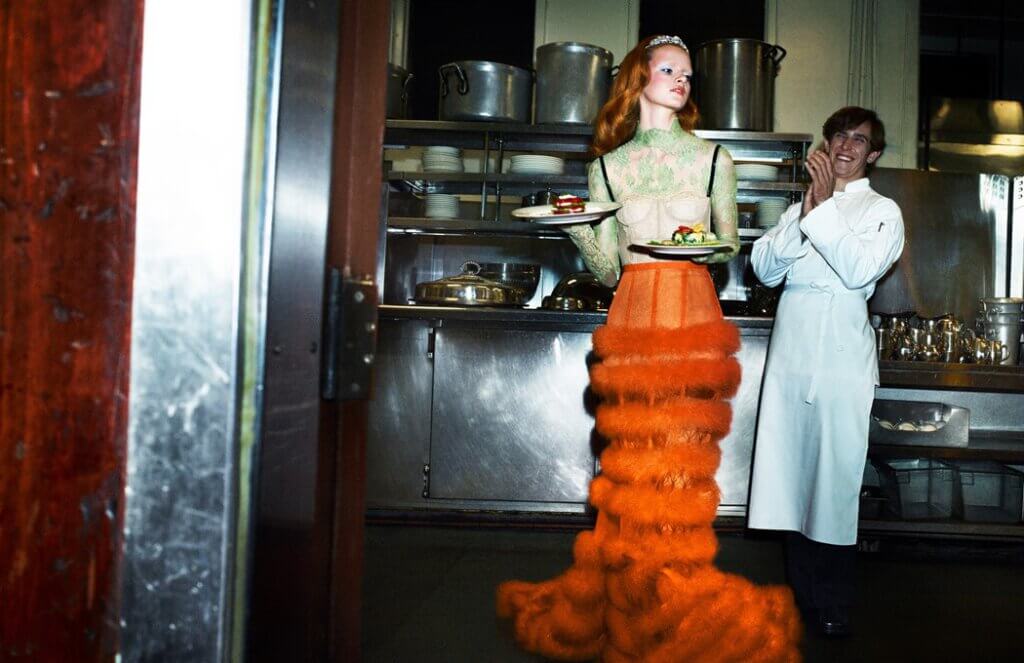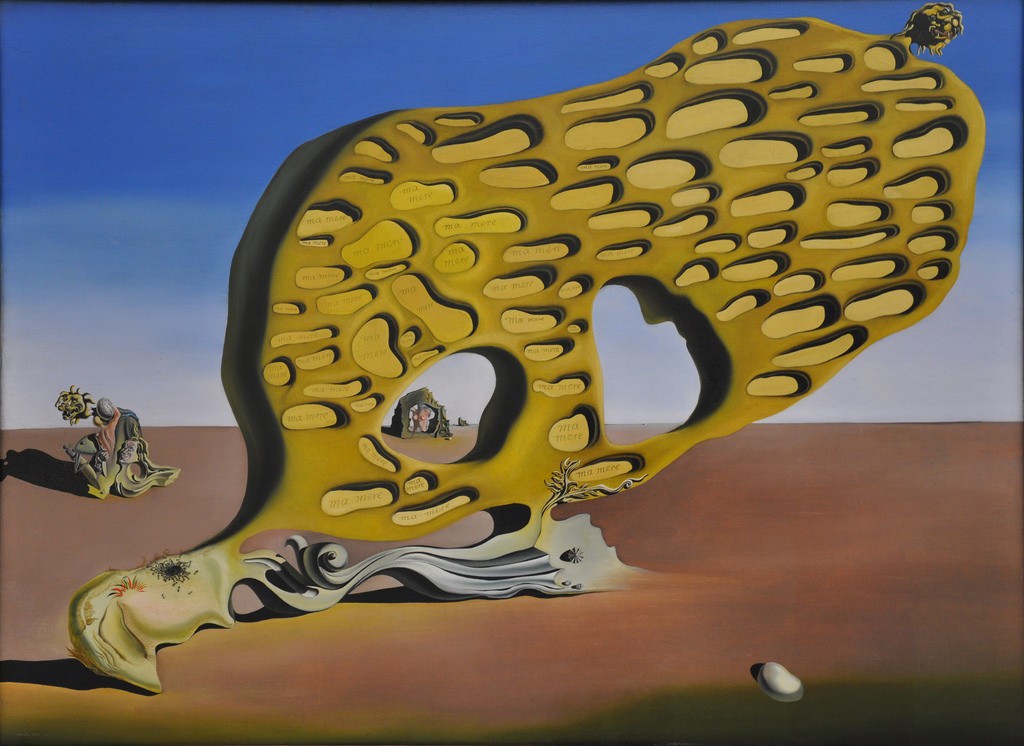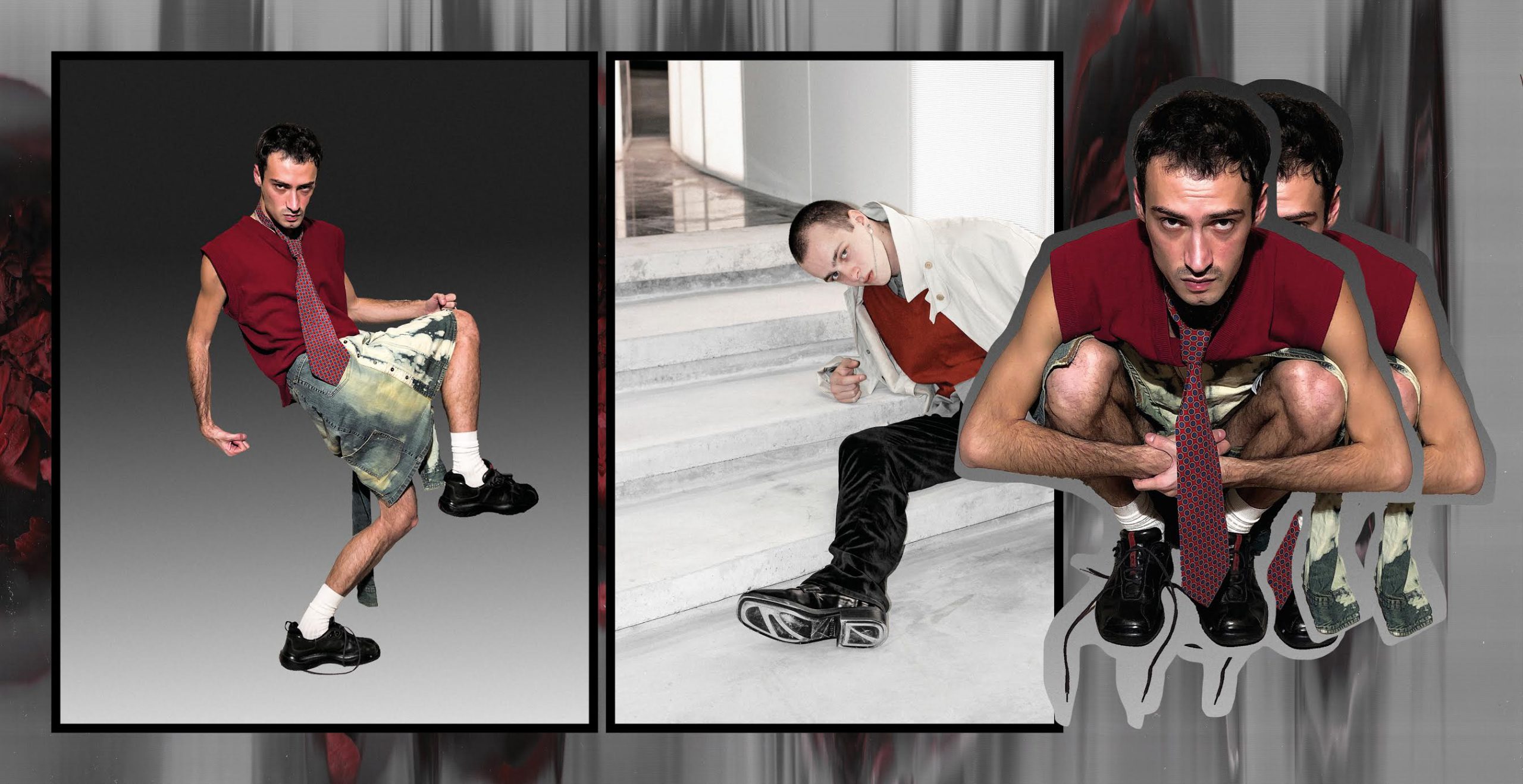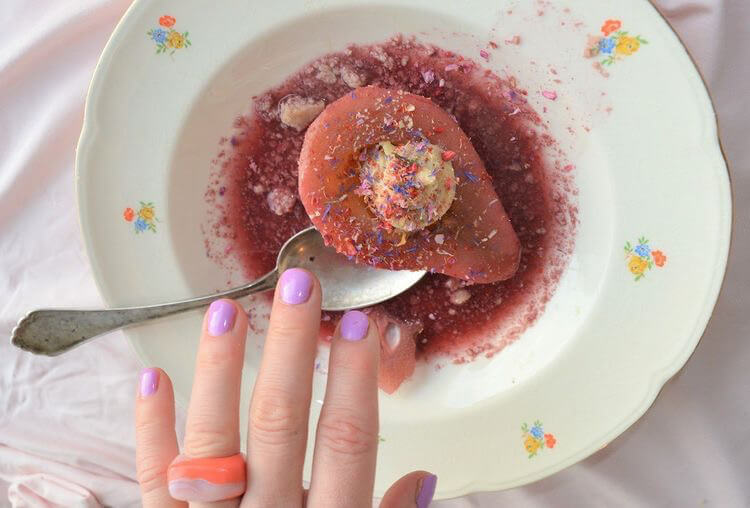Growing up in America, Thanksgiving was admittedly one of my favorite holidays, as it was the least-consumer oriented and religiously-bastardized of them all. All I had to do was show up and eat. God forbid I step foot in the hallowed kitchen. Instead I would sit on the couch with cousins, watching the Macy’s Day Parade filled with inflatable balloons the size of a cathedral, snacking on various dishes endlessly presented to us- our very own parade of stuffed mushrooms and canapés. On this day, I was never older than 5, even climbing into my teenage and college years.
Hours later, we would begin to take our seats at the overflowing table of food, the equally-flowing wine eventually kicks in, and someone I am somehow supposedly related to undoubtedly brings up politics, or social woes, or malicious gossip on someone pointedly not sitting at the table (I wonder why.) Feelings of warmth and gratitude come to a slowing halt. Before dessert, I would sneak away for a walk with a hidden cigarette- which would later in life shift into a much superior hidden joint- trying to strategically map out how to change a grand-uncle’s mind about unisex bathrooms, or whatever the Complaint du Jour was. Eventually, we all begin to leave, stomachs full but hearts not so much, giving the requisite cheek kisses and “See you next year, but let’s not wait until then” (spoiler: it will always wait until then), feeling a juxtaposed sense of love & reunion to equal parts confusion & discomfort.
When I moved to Germany, the first time Thanksgiving came around, I did not celebrate. I ate döner, Facetimed my family, and watched them feeling sorry for me. But really, there was no need!- for as soon as Trump came up in conversation and the uncles really got going, I was able to flee the conversation without anyone noticing. By that time the next year, my friend group had grown, our origins had expanded. My then-flatmate asked ‘What’s the deal with Americans and Thanksgiving? What is it you’re celebrating?” And that was a good question.
In 1620, some 100 religious English separatists arrived to America by boat, blown-off course, into what is modern-day Cape Cod. For thousands of years, Native American tribes had already been living there. At the time of the Pilgrims arrival, the Americans had already retreated from the cold East coast for the winter, yet upon meeting the colonizers and seeing how they were out of their element (at least agriculturally-speaking, at the end of crop season), benevolence was bestowed. Some accounts understandably focus upon the ultimate issues colonization brought, while other accounts take note of the initial kinship being formed. While the settlers shared their New World wares and cooking methods, the native Wampanoag tribe revealed methods for hunting and growing in their fields. At each year’s final harvest, a joint feast of celebration and camaraderie was celebrated, with foods and wines from both here and there enjoyed, together. Interestingly enough, Thanksgiving was only largely revitalized and popularized nationwide in the home in the mid 19th Century by Sarah Hale, a former housewife-turned-editor and journalist, writing on the “artistry” of housewives. It was through her readership base’s insistence to Abraham Lincoln that it ultimately became declared a nationally recognized holiday in 1863. Thursday was chosen not because of crop cycles, but because it still allotted enough time for a traditional roast dinner by Sunday.

I joked with my flatmate that in this day and age, we are actually the new Colonisers (or Pilgrims, have your pick.) We immediately started fantasizing about what our Thanksgiving would look like. What are the traditional comfort foods of Germany? It looks a lot different than mine, than to an Italian, than to a Syrian, than to a Pole. “We should have an international feast.” With three days left, we began concocting what would come to be the best Thanksgiving of my life- and what would be the very first Thanksgiving (of many more to come) for many of my friends.
We invited over 20 people, with a hodge podge of tables and chairs borrowed from neighbors. The main dinner was held in my bedroom. Everyone brought a dish they thought of as most reminiscent of their homeland. We had pierogis and latkes, stewed chickpeas and tongue. There were sausages, pastries, casseroles, oh my. The list went on… and so did the party. Six years later, it still does.
In such a transient city as Berlin, the table ebbs and it flows with each passing year. New loves, new exes; new pets and a couple lost ones. It’s a time of reckoning and sometimes reconciliation. I stand in the kitchen for hours with friends, each of us utilizing our own interests and talents, teaching each other new methods, while finding value and wisdom in the old. We trade vignettes on how our grandmothers used to peel a potato; stories of family and upbringing are given space to simmer while a string of international dishes await their turn to be cooked.

Ultimately, Proust was right. Sometimes all it takes is a Madeliene to be reminded of a repressed memory (and sometimes all it takes is a Brussels sprout.) Thanksgiving, such a deeply embedded beacon of Americana tradition, granted me new ways of discovery and connection outside of my homeland. Finding new foods at the markets allots me an excuse to talk to grocers as I otherwise would not. Wishing a goose from Poland well before popping it into the oven has even strengthened my own gastronomical prowess (what is a dry brine?) I learned to calculate from spoons to grams thanks to this annual harvest feast, and I have learned and shared more with my friends sitting around a table in one day than I ever did with my family in 21 years of Thanksgivings.
For those who do celebrate more traditionally, this year is ripe for table drama. I send my thoughts to all those preparing to sit across from their own problematic Great-Uncle twice removed. But I, a Pilgrim in my own rite, am thankful this year, as I have been for many before this. May we lean into the spirit of Thanksgiving. May we turn to each other in these dark days, and learn from each other. May we cry and lament, and question ourselves and the idea of placement. We are confronted with conundrums, and bombarded with bad news- but not today. Today, we put the phone down if only for one dinner, and we celebrate our differences, we outwardly give thanks to our blessings, we cheers to more tidings of health, to new food, and new tradition.




























